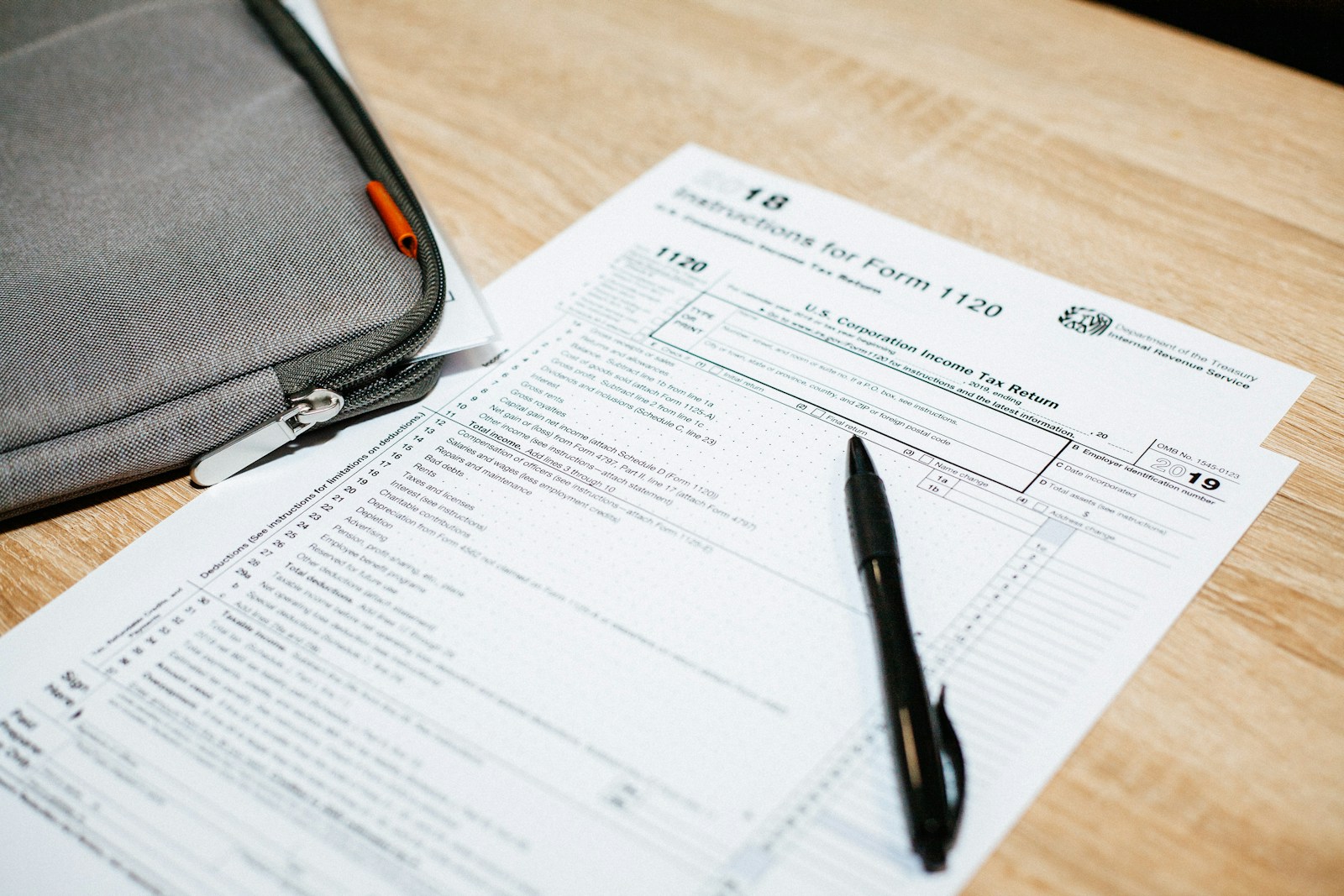Once you’ve arrived in Switzerland, registering your vehicle and obtaining local number plates is one of the first administrative steps you’ll need to take, especially if you’ve brought your vehicle from abroad. In Geneva, the procedure is handled by the Office cantonal des véhicules (OCV). In other cantons, such as Vaud, it’s managed by the Service des automobiles et de la navigation (SAN).
- Step 1: Make sure your vehicle is eligible for import and registration
- Step 2: Pass the technical inspection (expertise) – if required
- Step 3: Gather all the documents
- Step 4: Go to the OCV or SAN in person
- Step 5: Receive your registration certificate and Swiss plates
- Step 6: Pay the registration fee and road tax
- Diplomatic plates
- Get personalized guidance
Step 1: Make sure your vehicle is eligible for import and registration
If you’re importing your vehicle from abroad, you’ll first need to ensure it meets the technical requirements for road use in Switzerland. This involves customs clearance, emissions compliance, and presenting the right documents.
I’ve covered this process in a dedicated article.
Step 2: Pass the technical inspection (expertise) – if required
Depending on the age and origin of your vehicle, and if not already done during step 1 above, a technical inspection may be necessary. This check ensures that your vehicle meets Swiss safety and environmental standards.
Step 3: Gather all the documents
At the OCV, you’ll need to bring:
- Your ID, residence permit or legitimation card
- Proof of address (e.g. a recent utility bill or rental contract)
- The customs clearance form 13.20A (only if the vehicle is imported)
- The foreign or Swiss vehicle registration certificate
- The foreign or Swiss vehicle number plates
- Your vehicle insurance proof (sent directly to the OCV by your insurer see my dedicated article here)
- The form to request number plates, downloadable here for Geneva
 and here for Vaud
and here for Vaud
Step 4: Go to the OCV or SAN in person
Once you have all the documents ready, you can plan your visit (you do not need to make an appointment):
Since you will be at the OCV, you may want to take this opportunity to exchange your foreign driver license for a Swiss one.
Step 5: Receive your registration certificate and Swiss plates
Once the OCV has reviewed and approved all the documents, they will hand you:
- Your new Geneva/Swiss vehicle registration certificate (carte grise)
- A pair of number plates for your vehicle
Good to know: plates in Switzerland are tied to the individual, not the vehicle. This means if you sell or change your vehicle, you typically keep your number plates and transfer them to the new vehicle. However, you must return the plates to the OCV (or your cantonal office) if you leave Switzerland or no longer own a vehicle. You cannot keep plates indefinitely without using them. Additionally, you can only use the set of plates with the vehicle that it is registered for, unless you use the “plaques interchangeables” option .
.
Step 6: Pay the registration fee and road tax
With your new plates in hand, you will be asked to go to a different desk where you will need to pay the registration fee. The registration fee varies by canton but is usually around CHF 110 and must be paid in cash or by card at the OCV.
In addition, there is an annual cantonal road tax (you will receive an invoice by post a few days later). In Geneva, the system changed recently:
- For petrol/diesel (ICE) vehicles: the tax is based on CO₂ emissions.
- For electric vehicles: it is calculated based on the vehicle’s weight.
You can estimate the amount using the Geneva tax calculator (bottom of page). The invoice for the annual tax will be mailed to you by post in the days following the registration. The tax will be calculated pro rata temporis: for example, if you register your vehicle on the 1st of July, you will pay 50% of the tax for that year, then pay for the (full) following year in December (5 months later). After that, the tax will be due in December every year. It is not possible to pay in installments. If you sell your vehicle, you will be reimbursed pro rata temporis. If you move to Geneva from another canton, you can also request the reimbursement pro rata temporis from the canton that you moved from.
(bottom of page). The invoice for the annual tax will be mailed to you by post in the days following the registration. The tax will be calculated pro rata temporis: for example, if you register your vehicle on the 1st of July, you will pay 50% of the tax for that year, then pay for the (full) following year in December (5 months later). After that, the tax will be due in December every year. It is not possible to pay in installments. If you sell your vehicle, you will be reimbursed pro rata temporis. If you move to Geneva from another canton, you can also request the reimbursement pro rata temporis from the canton that you moved from.
In Vaud, the tax is generally based on power, weight, and fuel type. You can check the official SAN page for up-to-date rates.
for up-to-date rates.
Important: don’t forget to get a Swiss highway vignette for your vehicle.
Diplomatic plates
If you work for a diplomatic mission or an international organization and hold a legitimation card (type B or C), you may be eligible to apply for CD plates (corps diplomatique).
- These plates must be requested using a special form
 , which must be stamped by your mission or organization before submission to the OCV.
, which must be stamped by your mission or organization before submission to the OCV. - CD plates are made to order and must be requested in advance (typically two to three weeks before). They cannot be picked from a general stock.
- CD plates are not issued for motorcycles.
- Vehicles with CD plates are exempt from the annual vehicle tax and from periodic technical inspections, as long as they remain registered under CD status. However, technical inspection may still apply before CD registration (e.g. during import).
- Only the cardholder and their registered dependents are allowed to drive a CD-plated vehicle. This differs from regular Swiss plates and is strictly enforced.
While CD plate holders benefit from privileges, they must still comply with Swiss traffic laws. Police can stop CD-registered vehicles for checks. If traffic fines remain unpaid, they will be sent directly to the mission or organization employing the vehicle’s registered owner.
In serious cases, the head of mission or organization may lift immunity if requested by local authorities.
Get personalized guidance
Select an option above to learn more.
📅 Arrange a callback
Pick a TimeClick the button above to pick a time that suits you. I will call you to discuss your request and outline how I can best assist you, entirely without commitment.






